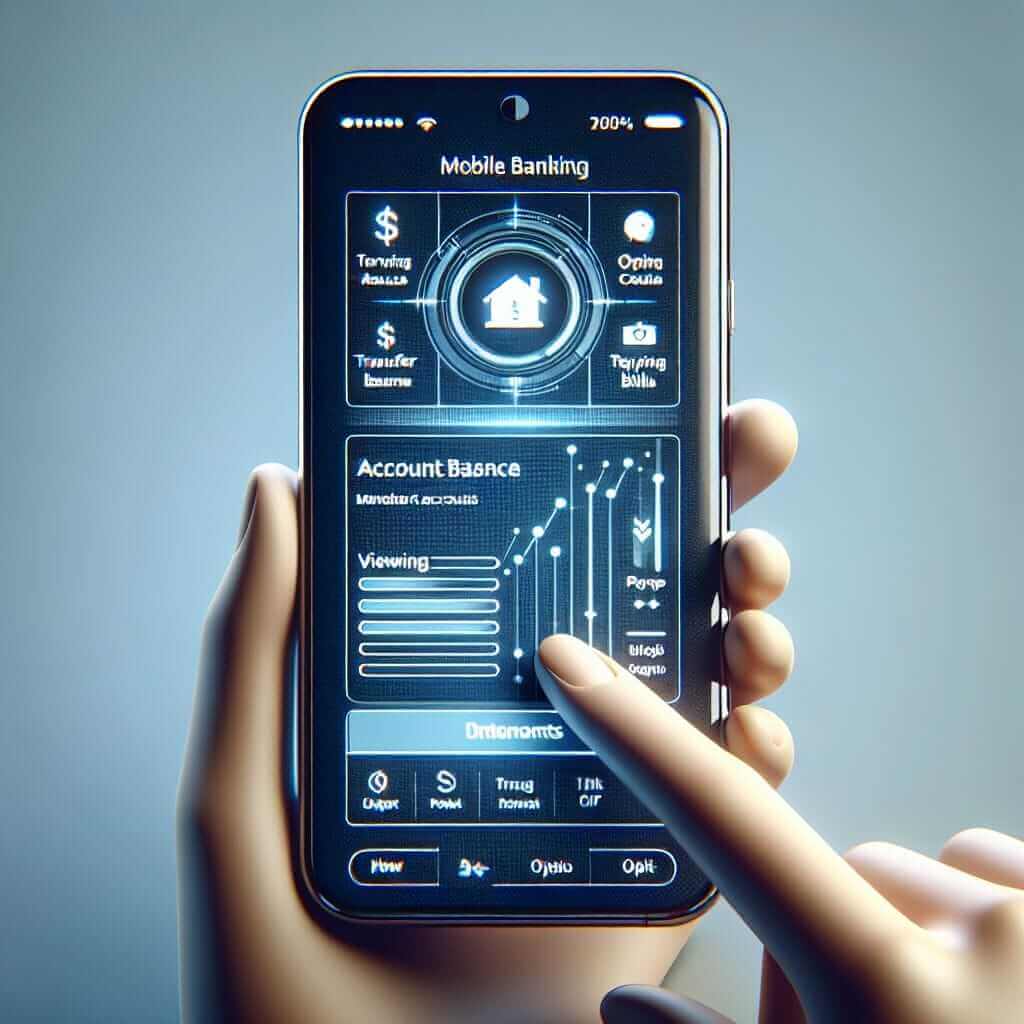The Reading section of the IELTS exam requires candidates to read academic texts and answer questions to demonstrate comprehension, interpretation, and evaluation skills. One increasingly popular theme is the impact of digital transformation on various industries, including the banking sector. This reflects the contemporary relevance of digitalization. Given its frequent appearance in examinations and in broader educational discussions, familiarizing oneself with this topic could be immensely beneficial for IELTS candidates.
Nội dung bài viết
- Practice Reading Passage
- Digital Transformation in the Banking Industry
- Questions
- Multiple Choice
- Identifying Information (True/False/Not Given)
- Matching Information
- Answer Key
- Multiple Choice
- Identifying Information (True/False/Not Given)
- Matching Information
- Common Pitfalls
- Vocabulary
- Grammar Focus
- Passive Voice
- Advice for High Reading Scores
In this article, we will explore “How does digital transformation affect the banking industry?” through a practice reading passage, accompanying questions, and a detailed answer key. We will also discuss common pitfalls and provide related vocabulary and grammar notes.
Practice Reading Passage
Digital Transformation in the Banking Industry
Digital transformation is fundamentally altering the landscape of the banking industry. Traditionally, banking has been a face-to-face, highly regulated industry rooted in trust and personal relationships. However, the rise of digital technologies has necessitated a paradigm shift.
Financial institutions are now integrating artificial intelligence (AI), blockchain, and mobile technologies to streamline processes, enhance customer experiences, and secure transactions. For instance, AI-driven chatbots and virtual assistants are commonly used to provide instant customer support, reducing the need for in-person banking.
Blockchain technology, famous for its application in cryptocurrencies, is gaining traction in banking due to its ability to provide secure, transparent, and immutable transaction records. This is particularly important for combating fraud and enhancing the integrity of financial transactions.
Mobile banking is another significant aspect of digital transformation. With mobile banking apps, customers can perform transactions, check balances, and even apply for loans without stepping into a physical bank. This has not only improved convenience but also expanded the reach of banking services, especially to underserved regions.

Despite these advancements, the transition to digital banking poses several challenges. Cybersecurity concerns are paramount as digital platforms are susceptible to cyber-attacks. Banks must invest heavily in secure infrastructure and risk management practices to safeguard customer data.
Furthermore, the rapid pace of technological change requires banks to continuously innovate and adapt. Institutions that fail to embrace digitalization may struggle to compete and maintain customer trust in a rapidly evolving market.
In conclusion, digital transformation is reshaping the banking industry by introducing advanced technologies that enhance efficiency, improve customer service, and mitigate risks. However, it also brings challenges that require strategic management to ensure sustainable growth.
Questions
Multiple Choice
- What is one of the main reasons banks are adopting blockchain technology?
- A) To reduce costs on customer service
- B) To secure and transparently manage transactions
- C) To simplify loan applications
- D) To offer mobile banking
Identifying Information (True/False/Not Given)
- The rise of digital technologies has completely removed the need for in-person banking.
- AI-driven chatbots are used to enhance the customer service experience.
- Mobile banking has not improved the convenience of banking services.
Matching Information
-
Match the following statements with the correct digital transformation technologies:
-
i) Provides secure and immutable transaction records
-
ii) Expands the reach of banking services
-
iii) Offers instant customer support
-
A) AI-driven chatbots
-
B) Blockchain technology
-
C) Mobile banking apps
-
Answer Key
Multiple Choice
-
B) To secure and transparently manage transactions
Explanation: Blockchain technology is particularly significant for its ability to provide secure and immutable transaction records, thereby increasing transparency and security in financial transactions.
Identifying Information (True/False/Not Given)
- False – The text mentions reducing the need for in-person banking, but not completely removing it.
- True – AI-driven chatbots and virtual assistants are explicitly used to provide instant customer support.
- False – The text states that mobile banking has improved convenience and expanded the reach of banking services.
Matching Information
-
- i) B) Blockchain technology
- ii) C) Mobile banking apps
- iii) A) AI-driven chatbots
Common Pitfalls
One frequent mistake candidates make is misinterpreting “Not Given” statements. Remember, if information is not explicitly stated in the passage, it should be marked as “Not Given.” Additionally, ensure that you do not infer information beyond what is provided by the author.
Vocabulary
- Paradigm Shift (noun): a fundamental change in approach or underlying assumptions. /ˈparəˌdaɪm ʃɪft/
- Immutable (adj): unchanging over time or unable to be changed. /ɪˈmjuːtəbl̩/
- Fraud (noun): wrongful or criminal deception intended to result in financial or personal gain. /frɔːd/
Grammar Focus
Passive Voice
- Form: Subject + to be (in correct tense) + past participle
- Example: “Transactions are secured by blockchain technology.”
- Usage: Passive voice emphasizes the action and the object of the sentence rather than the subject.
Advice for High Reading Scores
- Practice Regularly: Regular reading and answering different types of questions will enhance comprehension skills.
- Expand Vocabulary: Read widely to learn new words and practice using them in various contexts.
- Understand Question Types: Familiarize yourself with the different question types and practice techniques for each.
- Time Management: Practice under timed conditions to improve efficiency and accuracy.
By following these guidelines and utilizing the provided practice exercises, candidates can significantly improve their IELTS Reading scores.